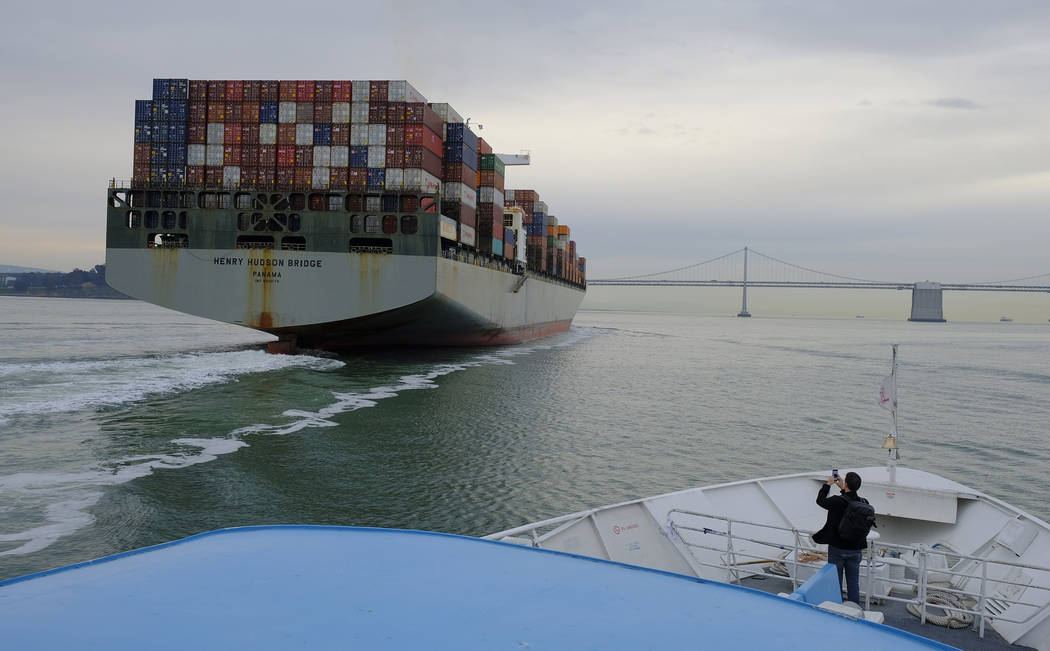EDITORIAL: Trade wars threaten Trump’s economic progress
A prosperous economy represents Donald Trump’s best hope for re-election — and the president’s prescription of regulatory reform and tax cuts has so far delivered. Unemployment is at record lows, robust job creation is the norm, wages are rising and growth has exceeded expectations.
But if Mr. Trump’s 28 months in the White House have proven anything, it’s that the president seems comfortable threatening his own achievements if it will help him score immediate points with his political base. And so it is with the escalation of Mr. Trump’s protectionist rhetoric.
Not content with digging in for a trade war with China, the president last week threatened to jack up tariffs on Mexican imports by 25 percent in order to pressure the Mexican government on immigration policy. This is apparently a two-fer for Mr. Trump, as it might appeal to both illegal immigration hawks and blue-collar workers in Midwestern swing states. It also comes at an odd time, as the United States has been in the process of renegotiating NAFTA with our southern neighbor.
Regardless, these moves threaten to undermine the progress the president has made to lift the nation out of the economic morass that characterized most of Barack Obama’s eight years in the Oval Office. As Eric Boehm of reason.com revealed in March, a study by Federal Reserve economists concluded that trade barriers erected by the Trump administration during 2018 “cost the U.S. economy $6.9 billion last year — above and beyond the $12.3 billion paid by American consumers and importers to the federal government.”
That number will only grow if the administration follows through on its warnings to Mexico, our nation’s third-largest trading partner. According to the Tax Foundation, boosting tariffs on Mexican goods by 25 percent would generate $241 billion for the federal government, about 1.24 percent of gross domestic product. “That would be the biggest tax increase,” Mr. Boehm notes, “since the Johnson administration, according to Treasury data.”
All of those billions would come straight out of the pockets of U.S. consumers — rich, poor and in between — when they purchase various products, particularly automobiles and agricultural goods. Trade is not a zero-sum game. It is a vital tool for economic advancement and consumer empowerment while serving as a mechanism by which nations can most efficiently direct their resources.
Perhaps Mr. Trump’s bluster is a short-term negotiating tactic. Let’s hope so. Otherwise, the president shouldn’t be surprised or dismayed if his tariff talk and protectionist prattle kneecap the markets, slow economic growth and impair the positive effects of his tax and regulatory agenda. And if Trump administration trade wars push the U.S. economy into a spiral, the least of the president’s worries will be the House impeachment circus.

















